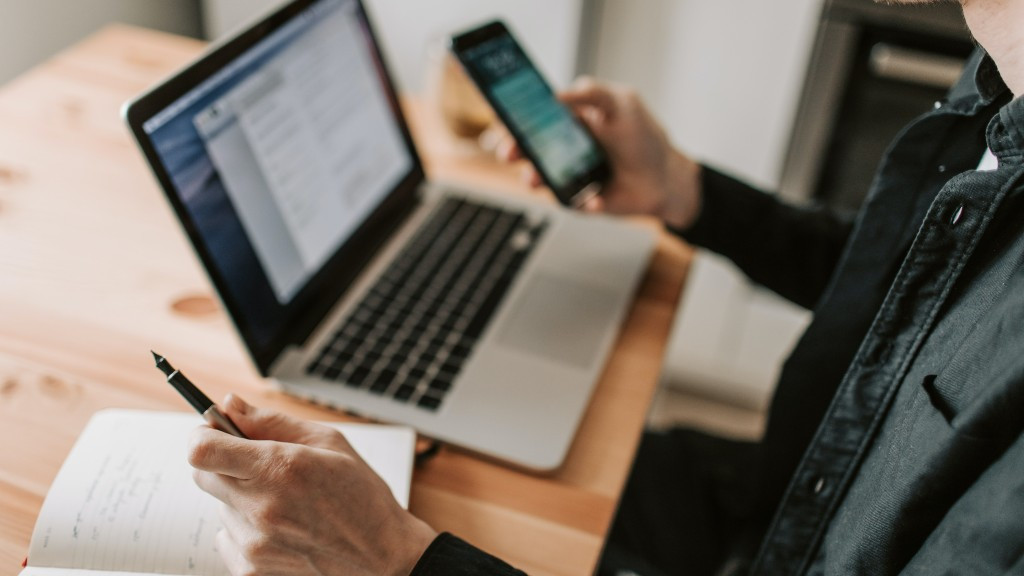Social media can improve students' performance in times of crisis
Providing students with an environment in which they can socialize and share knowledge and skills is essential for good educational performanceThe pandemic has provided some ideas regarding how this can be achieved when it is impossible in the classroom

The appropriate use of social networks such as Facebook, blogs, wikis and Twitter facilitates students' socialization, and improves their academic performance in blended learning formats, according to a study which is a result of a thesis within the Doctoral Programme in Education and ICT (e-Learning) at the Universitat Oberta de Catalunya, supervised by Elena Barberà, professor and researcher in the UOC's Faculty of Psychology and Education Sciences. The study also involved researchers from the University of Helsinki and Bedford College, and the results have been published in open access in the scientific publication International Journal of Environmental Research and Public Health.
The research provides resources for universities and higher education centres to deal with crisis situations like the one we have been experiencing during the pandemic. The results show that, although face-to-face learning and contact have irreplaceable value for students, education can be effective when online learning tools and social networking platforms are used in the right ways.
"All over the world, we saw how higher education had to adapt to digital education overnight as a result of the COVID-19 pandemic," said the lead researcher, Muhammad Zaheer Asghar, "but this type of education requires a constructivist model, with more interactive teaching and learning processes."
"Universities have asked their teaching staff to continue teaching classes in the same way as they used to and to evaluate students using similar processes, but with surveillance cameras. The drastic change in digital education has not provided the right tools and strategies for the students' different needs, and has led to social isolation, poorer performance, exclusion and students dropping out."
In a survey of students in science departments at universities in Pakistan, the researchers examined the role that social networking platforms such as blogs, wikis and Facebook could play in blended learning. They discovered that they can be used to replace the exchanges students need to perform well, especially if they have previously had the chance to meet and socialize with each other in person.
"Traditional online learning platforms don't offer students the socialization they need, and social networks lack an appropriate design for education with a curriculum and a teacher's guide," said Asghar. "If social media are incorporated into online learning systems, groups of students in social networks become learning communities, and the socialization required for education is provided."
The study concludes that one of the lessons to be learnt from the pandemic is the need for education to continue in any emergency, since it is the tool that enables people to overcome the crisis in the long term. Higher education must adopt innovative, interactive and blended methods according to the needs of the students and the situation.
"The invention of online education and social media doesn't mean that the importance of face-to-face encounters should be downplayed,” Asghar concluded, "but the days of the learning process being limited to the four walls of the classroom are over. Technology enables the class to connect with the outside world, and students to interact. In an emergency, social networks can be used to connect with each other and replace face-to-face exchanges, so that education can continue."
This research by the UOC supports Sustainable Development Goal (SDG) 4 (Quality Education).
Related article
Asghar, M.Z.; Iqbal, A.; Seitamaa-Hakkarainen, P.; Barbera, E. Breaching Learners’ Social Distancing through Social Media during the COVID-19 Pandemic. International Journal of Environmental Research and Public Health 2021, 18, 11012. https://doi.org/10.3390/ijerph182111012
UOC R&I
The UOC's research and innovation (R&I) is helping overcome pressing challenges faced by global societies in the 21st century, by studying interactions between technology and human & social sciences with a specific focus on the network society, e-learning and e-health.
Over 500 researchers and 52 research groups work among the University's seven faculties and two research centres: the Internet Interdisciplinary Institute (IN3) and the eHealth Center (eHC).
The University also cultivates online learning innovations at its eLearning Innovation Center (eLinC), as well as UOC community entrepreneurship and knowledge transfer via the Hubbik platform.
The United Nations' 2030 Agenda for Sustainable Development and open knowledge serve as strategic pillars for the UOC's teaching, research and innovation. More information: research.uoc.edu #UOC25years
Experts UOC
Press contact
-
Editorial department
